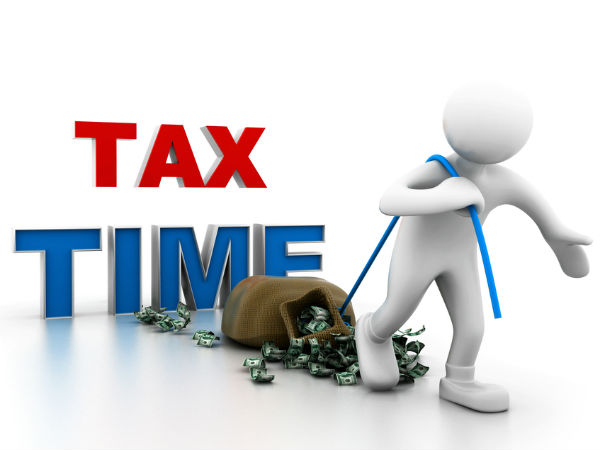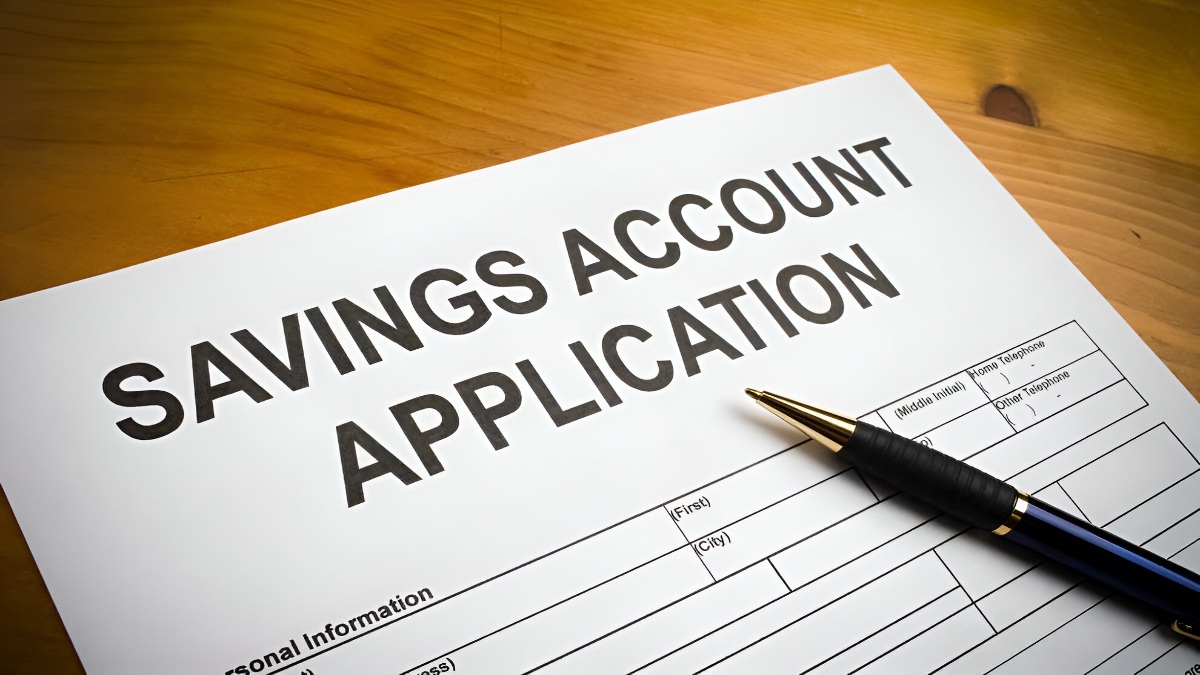5 Smart Ways to Maximize Your Tax Savings
When it comes to tax savings, most individuals will either leave it to their personal Chartered accountant/company finance team to look after, or look into the simple 80C deductions.
As a matter of fact, in today's day and age, one needs to plan his taxes in order to maximize rebate, rather than to only think of insurance and government bonds as tools for financial planning and security.

Therefore, in order to maximize your tax savings and reduce burden you need to dwell deeper into both, investments and expenditures.
From the various tax rebate tools available, we are going to list 5 smart ways for you to maximize your income tax savings in the upcoming Financial Year, 2014-2015.
Insure yourself and your family
Protection of your life and the life of your family against unforeseen circumstances comes first. A great insurance plan allows you to stay stress-free and at the same time gives you the benefit of saving taxes up to INR 1 lac under section 80C of the Income Tax Act.
Choose a policy based on your current and future family needs (dependent parents and children, spouse) as well as your retirement; it's smart to start early!
ULIP's are a great option too as they are flexible investment tools and also offer risk protection benefits.
A part of the premium paid goes towards the sum assured and the balance is invested in the capital, equity or debt market. Death benefits are exempt from tax and maturity benefits are tax free only if the premium paid per year is less than 20% of the life insurance cover.
Think beyond Section 80C of the Income Tax Act
Various other sections help you maximize your tax savings beyond the INR 1lac limitation of section 80C.
Medical or Health Insurance gives you tax rebate under section 80D up to INR 15,000 in thecase of insurance foroneself, spouse and dependent children and INR 20,000 if for parents who are senior citizens.
Your employer's contribution to the National Pension Scheme (NPS) allows tax deductions under section 80CCD(2) over and above the INR 1lakh limit prescribed U/S 80C.
Keep your liquidity intact
Having cash in the bank is always beneficial in order to cover sudden expenses. Rather than using your credit card to pay off bills, plan your finances well enough by allowing part of your money to rest in your savings bank account.
The interest earned on such an account is exempt from Tax under section 80TTA up to INR 10,000 in one financial year.
Claim incurred expenses against necessary bills
Whether you are a salaried professional or a self-employed, if you have expenses, claim them! House Rent Allowance (HRA) is tax free up to 10% of rent in excess of your basic salary or 50% of your basic salary, whichever is lesser.
Expenses such as travel for meetings, mobile bills, food etc. (as per company policy) are tax free. Take that long vacation you needed.
Leave Travel Allowance is refundable and non-taxable. If you have incurred medical expenses, redeem those bills (as per your salary structure) and exempt it from tax rather than getting it as part of your salary at the end of the financial year and paying taxes on it.
The above are all possible against valid bills and documentation as per your company laws.
Don't be afraid to invest in the Capital Market
During the 2012 Budget, the Rajiv Gandhi Equity Savings Scheme was launched. A resident Indian using his demat account for the first time, can now invest in select shares belonging to NSE-100, BSE-100 and PSU's with 51% government holding and claim tax deduction of 50% of the investment (up to a maximum INR 25,000) under section 80CCG of the Income Tax Act.
The article is written by Mr. Vikram Ramchand, Founder at makemyreturns.com.































